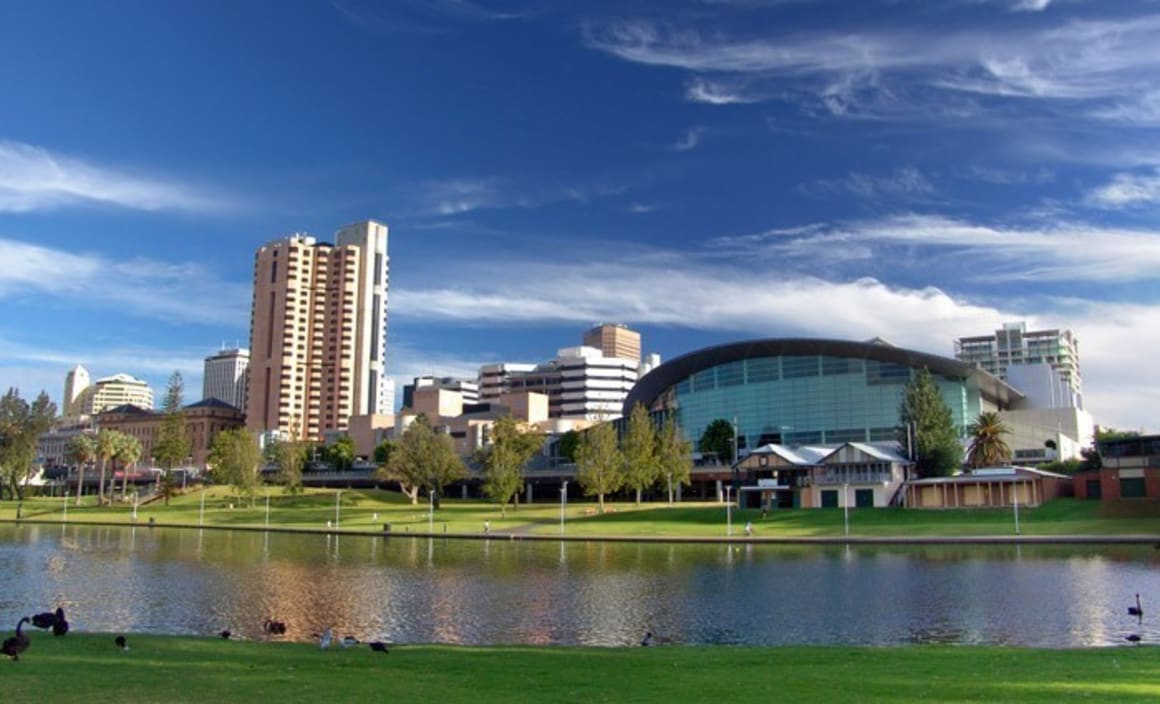Adelaide real estate investors pessimistic about retail market: HTW

Transactions of retail properties in Adelaide hit lows throughout last year as investors became pessimistic about the sector, with sales volumes falling 22% on 2018 levels, according to the latest report from valuation from Herron Todd White.
“While the sector may be struggling overall; there are some shining lights in what looks a difficult transition period for retail property. In essence, we are witnessing the retail sector attempting to adapt to the changing consumer patterns arising from the growth of e-commerce and the online retail marketplace,” the firm said.
The March report adds that adaption remains the key to success - The centres and retailers that can welcome and adapt to change will excel, or at least keep their heads above water, while those who can’t will continue to struggle.
Online purchases currently account for 17% of non-food retail sales in Australia and 9% of total retail sales – and this number is only going to grow.
Property owners will need to embrace the online domain, shifting some of their sales and services online whilst simultaneously lowering overheads at their brick and mortar stores.
"The trouble highlighted in retailers is for nonfood goods – apparel, footwear and general merchandise – where it is easier, more convenient and often cheaper to purchase online. Food and grocery sales only account for 3% of online purchases, meaning that supermarkets are here to stay as anchor tenants for a while yet," the firm said.
Retail hubs are likely to take advantage of the recent growth in the food sector, with more cafes and restaurants popping up in hubs to draw tenants in, and then hopefully entice them into spending money in the specialty stores.
Amazon Hub locations are beginning to pop up around Australia; essentially a click and collect service where consumers can pick up parcels ordered online at a self-serve Amazon locker, as opposed to having it delivered to their home.
Delivery lockers are enabling larger centres to transform and become places where people consume services and experiences, as opposed to places where people simply purchase goods.
There’s still room for rental growth and capital gains in the Adelaide retail property sector, however at lower levels than will be evident in the industrial and office sectors. Interest rates are forecasted to drop, potentially twice throughout the year, and as a result of this we will see some more capital gains for property, yet with further yield compression across the board.
The retailers that continue to outperform others are the food retailers – cafes, restaurants and takeaway food services. As mentioned, we continue to see strong performance for retailers that can’t be replaced by the online domain, however retail hubs and complexes need to be careful to avoid excessive inter-competition between food retailers.
"Furthermore, the recent exit of Kaufland from the Australian market has further enhanced the outlook for Australia’s supermarket giants. The supermarket oligopoly of Woolworths, Coles and Foodland can now invest in assets with more assurance that the newcomer isn’t going to take a portion of their market share," the report added.
The firm concluded that, in this day and age, constant refurbishment is required to keep shops and complexes updated, and to keep foot traffic coming through the door.